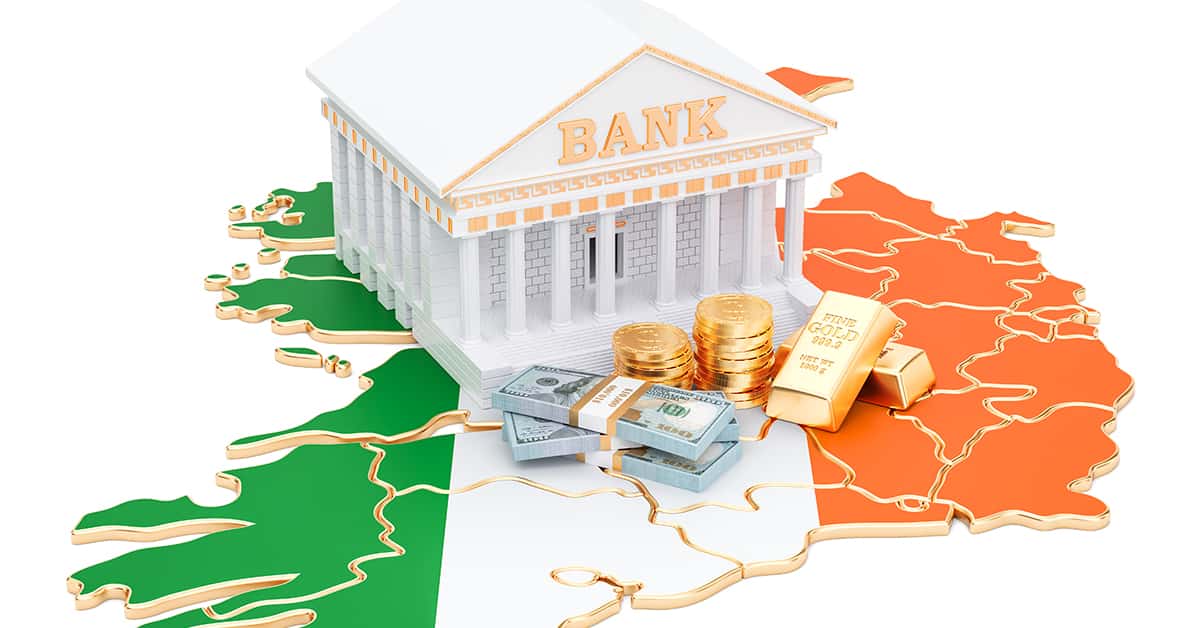Foreign banks are pulling back from the Irish market amid regulatory tightening.

The Irish retail banking market is set for further consolidation as Belgian bank KBC and British bank Ulster Bank prepare for an imminent departure. According to Irish economist Jim Power, their exit is the most recent chapter of the exodus of foreign banks from the country, which started during the 2008 credit crisis.
Banking regulators have turned the screws in recent years after providing little effective regulation in the run-up to the crash, he notes. “Capital requirements are now higher and more expensive than in other EU countries; the market is relatively small, and there is a legacy impact of the losses suffered after the crash—bad memories linger. Foreign bank owners seem to have little interest in allocating capital to Ireland and are exiting the market.”
Power estimates that in the Irish mortgage market that AIB and Bank of Ireland control around 57%; PTSB 17.9%; Ulster 15%, and KBC probably about 5% of the market.
“AIB and BOI will mop up much of the Ulster and KBC mortgage book, and PTSB will pick up a little,” he says.
Meanwhile, Allied Irish Bank and Bank of Ireland control 88% of lending to small and medium-sized enterprises (SMEs).
There is a distinct lack of competition in the market for personal and SME customers, and the situation will worsen when Ulster and KBC exit, according to Power. “Ireland now has a ‘two and a bit’ banking market. This lack of competition is manifesting in higher margins than in the rest of the eurozone, with poor customer service and no real choice. The Irish banking market is in crisis, and it is not clear what can be done.”
He suggests the Irish government should have looked a decade ago at setting up a state bank to look after the SME market, along the lines of the Agricultural Credit Corp. (ACC) and ICC Bank, two state banks sold to Rabobank and Bank of Scotland, respectively. “The Credit Unions and the Post Office may have some role to play but lack the resources and experience to make a significant contribution,” Power adds, concluding: “The Irish banking market is not in a good place.”



